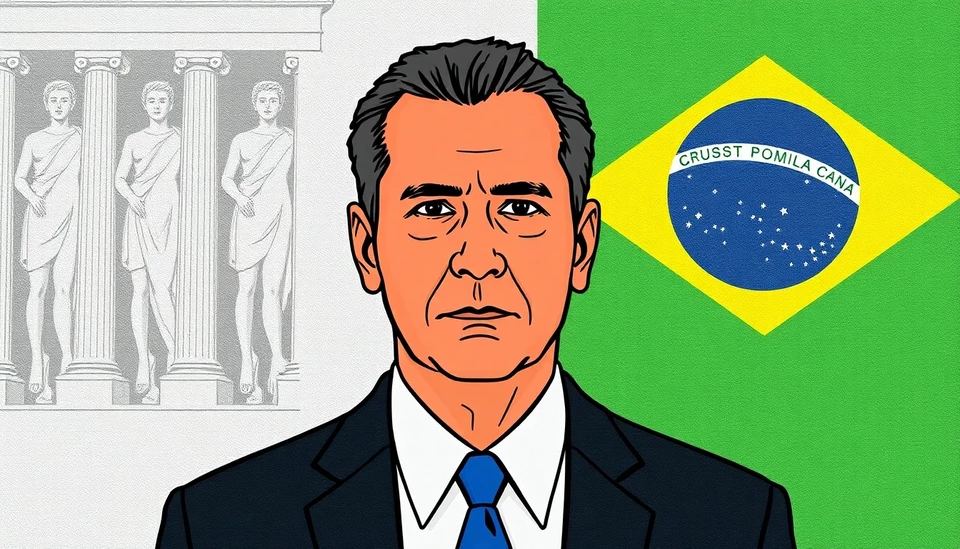
Continuously declining unemployment of Brazil has reached a multi-year low, further complicating the job for its central bank. According to data published on September 27, 2024, the unemployment rate was 7.2% in August from 7.5% the previous month. Indeed, a better outlook in the labor market instills more optimism among policymakers but strengthens the pressure on the central bank to take proper responses against emerging economic conditions.
The unemployment rate in Brazil has tumbled dramatically over the last few months, corresponding with a general economic expansion and uptick in consumer spending. This improved labor market is held up as a good sign for an economic recovery due to the economic shock brought about by COVID-19. Correspondingly, analysts attribute this trend to several stimuli at work: government efforts, improved business confidence, and a conducive global economic environment.
But this good news in labor is also becoming a problem for Brazil's central bank, the Banco Central do Brasil, which already has been battling high inflation. The lower unemployment numbers could translate into more consumer spending and spur more inflation. That puts the central bank in a tight spot between promoting economic growth and tamping down price increases.
As Gustavo Arruda, an economist with BNP Paribas, explained, "The continuous drop in the unemployment rate is likely to push the central bank to reconsider its current monetary policy." As such, market analysts have begun speculating that the central bank could be compelled to tighten monetary policies a little sooner than previously thought. The central bank has recently indicated a cautious posture, but the improvement in labour conditions should urge it to review its interest rate strategy so as not to overheat the economy.
Should this rate increase, there would be wide-ranging effects on businesses and consumers. As soon as interest rates go higher, it means that borrowing costs have increased, which in turn dampens the growth of investments and consumer spending. The overarching mandate of the central bank, however, remains inflation targeting and the long-term stability of the economy, even if it were to imply such actions.
The forthcoming monetary policy meetings will no doubt attract the attention of investors, businesses, and policy analysts alike. The central bank has to make crucial decisions that will determine how the country's ongoing economic recovery will go further in one direction or another. Observers will be keen to see the balancing of twin mandates in promoting job growth while containing inflation.
While a positive unemployment rate normally would be good news for working Brazilians, it also places the country on the threshold of important economic decisions that the Central Bank will have to make in the months ahead-critical in forming a future economic environment for Brazil with sustained growth.
#Brazil #economy #unemployment #CentralBank #inflation #monetarypolicy #jobgrowth #economicrecovery #interest #rates
Author: Daniel Foster




